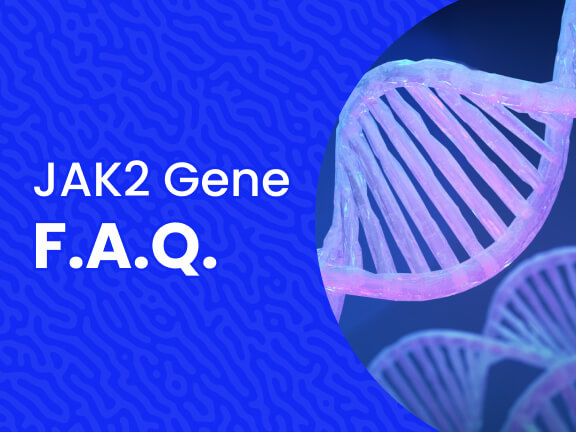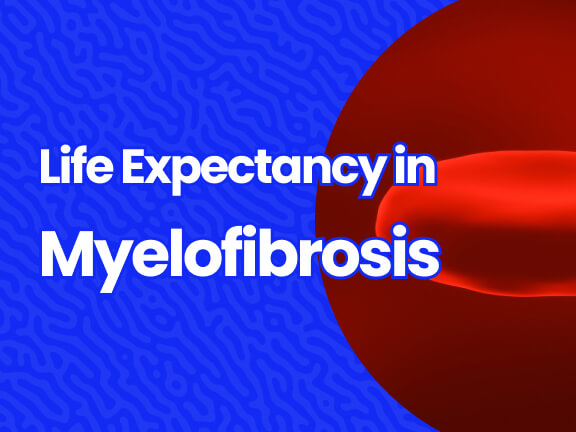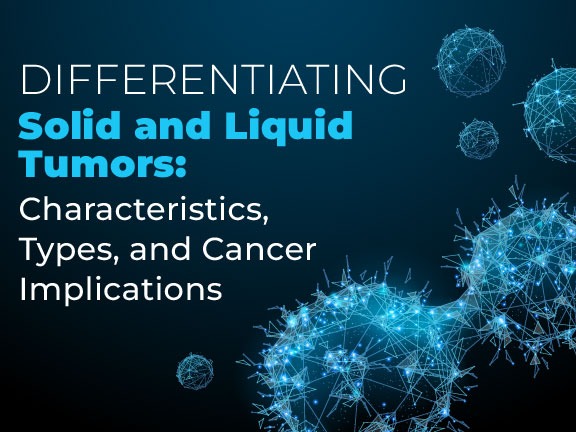What is Multiple Myeloma?
Multiple myeloma is a cancer of the plasma cells in the bone marrow, and there is no known cause. Normal plasma cells are an important part of the immune system, so abnormal growth can put the patient at risk for infection. In multiple myeloma, there is an overgrowth of plasma cells, which leads to low blood counts. For all stages of multiple myeloma combined, the 5-year survival rate is 52%. The disease is more common in men than it is in women. It is estimated there are over 32,000 cases in adults of the United States each year.
Multiple Myeloma Symptoms
Symptoms of multiple myeloma can vary for each patient. The treatment for Multiple myeloma focuses on decreasing the severity of these symptoms. The symptoms of Multiple myeloma include:
- Anemia
- Bone tenderness
- Bone pain
- Weakness
- Bone fractures
- Loss of appetite
- Kidney damage
- Hypercalcemia
- Nerve damage
- Skin lesions
- Enlarged tongue
- Frequent infections
- Excessive thirst
If a patient is experiencing the symptoms above, they may visit their doctor to determine what is wrong. To diagnose multiple myeloma, a bone marrow aspiration and/or biopsy is needed. Other tests that may be used to diagnose multiple myeloma include blood monoclonal immunoglobulin and radiology tests. These tests will also help a doctor stage the disease. Stages 1 to 3 are present in multiple myeloma.
What Causes Multiple Myeloma?
It is not clear to doctors what the cause of multiple myeloma is. They are aware that it begins with a single abnormal plasma cell in the bone marrow, which multiplies until the abnormal cells produce enough abnormal antibodies that the body can’t use, then symptoms of multiple myeloma start occuring. Typically, multiple myeloma starts out as a benign condition called monoclonal gammopathy of undetermined significance (MGUS).
Multiple Myeloma Risk Factors
Factors that may increase risk for developing multiple myeloma include:
- Increasing age
- Male sex
- Anyone of African American descent
- Family history of myeloma
- Personal history of monoclonal gammopathy of undetermined significance (MGUS)
Multiple Myeloma Prevention
There is no way to guarantee someone from preventing multiple myeloma from developing. There are several steps you can take to decrease your risk. These include:
- Regular exercise
- Balanced diet
- Limit alcohol consumption and smoking
If multiple myeloma does develop, following screening guidelines can help detect the cancer at an early stage, when successful treatment is more likely. Talk with your doctor to see how often you should be screened for multiple myeloma.
Multiple Myeloma Treatment
Treatment for multiple myeloma will depend on the stage and severity of symptoms present. Patients who do not experience any symptoms may be put under watchful waiting or active surveillance because treatment side effects may do more harm than good. Those who do experience symptoms will need systemic therapies to manage symptoms.
Treatment options for multiple myeloma are:
- Immunotherapy
- Chemotherapy
- Radiation therapy
- Stem cell transplants
- Surgery
Specialists such as oncologists, hematologists, radiologists, stem cell transplantation and orthopedic/spine surgeons may be involved in the treatment of multiple myeloma.
Multiple Myeloma Clinical Trials
There are approximately 300 clinical trials for multiple myeloma that are currently recruiting patients in the United States right now. With such an extensive list, many of them could be beneficial for you. Our team of patient relations coordinators, who are oncology nurses, and our artificial intelligence-based clinical trial matching system will find the best option for you.
With just a few clicks, you can see your clinical trial matches now. Click here to use our advanced clinical trial match tool.
How Do We Help Multiple Myeloma Patients?
Massive Bio offers an independent cancer treatment analysis as well as free clinical trial matching for multiple myeloma patients. Our patient relations coordinators work closely with patients to gather information on their current medical status, and then will provide a list of options from available cancer clinical trials close to your home.
We can also provide a comprehensive case analysis through our Virtual Tumor Board from cancer specialists. The Virtual Tumor Board (VTB) is comprised of highly specialized oncologists from nationally-recognized Cancer Centers of Excellence. In just 7-10 days after receiving your medical records, we can get you a treatment plan without having to travel far distances and use your valuable time.
Source:
https://www.mayoclinic.org/multiple-myeloma/diagnosis-treatment












